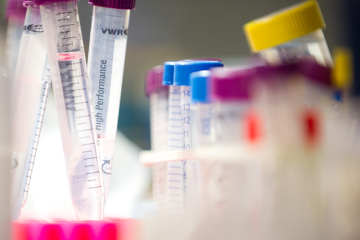Strategic grant
BetaCell Birmingham

At a glance
Completed
Award date
October 2024 - March 2025
Grant amount
£263,619
Principal investigator
Dr Ildem Akerman
Institute
University of Birmingham
R
- Replacement
